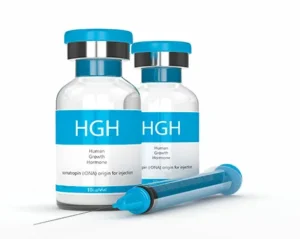It is painful to see your partner experience an addiction, be it your parent, friend, aunt, or sibling. The urge is the same that you want to do anything in your power to help them kick the habit. The question is: how? Short of throwing yourself upon the tracks, what can a partner do to help someone struggling with addiction?
While every situation is different, and every family is different, the guiding principles are the same, and they aren’t pretty. Terms like codependency, enabling, and tough love might sound harsh or even blaming to a family member who is desperate to help a loved one, but detaching with love is key.
An addict or alcoholic can be rather like a drowning person; in their desperation to maintain their access to their substance, they’ll do nearly anything and harm anyone. Anything that anyone does to help them avoid the negative consequences of their alcohol or drug use supports the addiction, not the recovery. Thus, we need to learn how we can help an addict recover as a caring partner.
Before we talk about what a person can do, let’s have a few reminders. You’re no help to anyone if the act of helping is injuring you. You have a responsibility first and foremost to yourself and your own children, parents, spouse, etc. Stay strong in your faith, pray, and ask for guidance from your pastor or a therapist if you find that your emotions are running amok. It is normal and healthy to feel angry, even rageful, at what addiction can do to a loved one, but you must acknowledge and deal with these feelings, lest they drag you down. Addiction is a progressive disease – that means that as time goes on, it gets worse. And that means that the bad things that happen: DWIs, car accidents, legal problems, stealing, and so on, get worse, not better. Broken promises and betrayals are part of this disease and should be expected. The pain and heartache that they cause the people staying connected with the addicted person is deep and can tear people and families apart.
To combat this destructive process, you have to face the truth. Friends and family members of addicts or alcoholics have their own first step that is parallel to the first step in Alcoholics Anonymous: You are powerless over the addicted person. You cannot change another person. You can’t even make them want to change themselves. Powerlessness and surrender are as important to family members or friends as they are to the person struggling with the addiction. As these struggles arise, really all you can do is pray for strength for both your loved one and yourself.
Addiction thrives on denial and almost always counters everything that is right. They often present as outright lies. Your partner may really believe the lies, but you should know, feel, and speak only the truth. It’s the time when keeping in mind what a caring partner would do is going to be the best. You shouldn’t allow your sense of loyalty to the person to somehow morph into covering up for them or shading the truth. Speak the truth: “You have an addiction. I still love and care about you, but I can’t pretend that you don’t have a problem.” Your friend won’t like it and might even shun your company if you hold steadfastly to the truth, but it’s your only weapon against treating his or her addiction.




